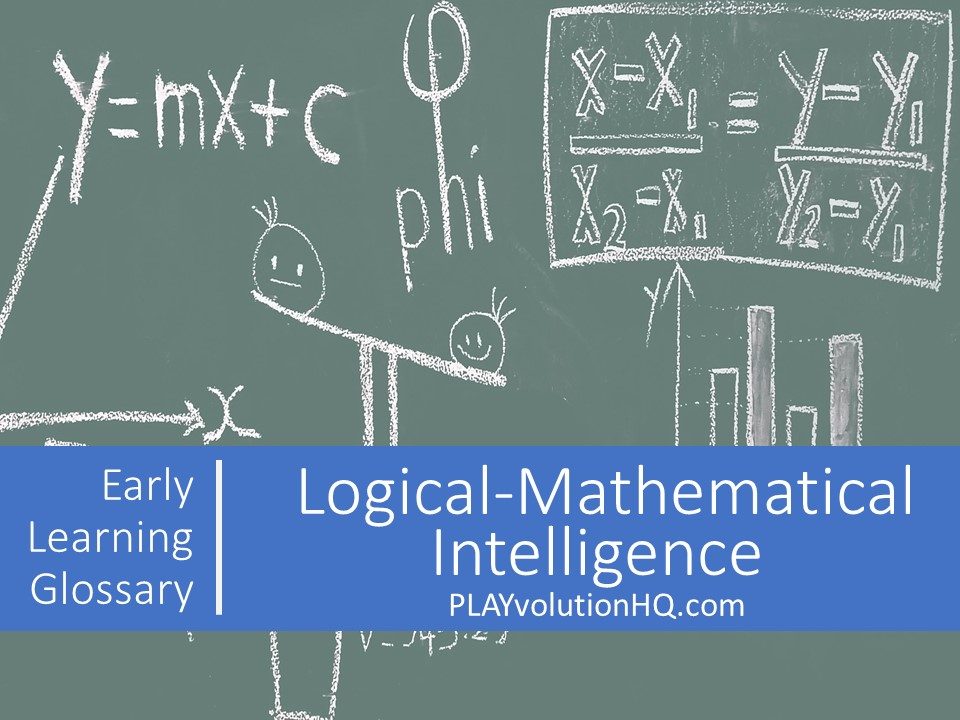
What Is Logical-Mathematical Intelligence?
As defined by Howard Gardner in his theory of multiple intelligences, logical-mathematical intelligence is the ability to reason logically, think abstractly, and effectively handle numbers, patterns, and symbolic systems. Introduced in his 1983 book Frames of Mind, this intelligence encompasses skills such as problem-solving, critical thinking, and discerning cause-and-effect relationships, often linked to scientific inquiry. Individuals strong in this area excel at formulating hypotheses, analyzing data, and drawing evidence-based conclusions, and they typically enjoy activities like puzzles, strategy games, and logical challenges. While prominent in mathematics and science, it also involves broader abstract reasoning, such as identifying connections between concepts, making it distinct yet complementary to other intelligences like spatial or linguistic.
This intelligence emerges from a blend of innate predispositions and skills honed through experience and education. Children may naturally gravitate toward counting, sorting objects, or spotting patterns—tendencies that can be cultivated through structured learning, such as math exercises or coding practice. Professions like mathematics, science, engineering, and computer programming often attract those with high logical-mathematical intelligence, as these fields demand precision, deductive and inductive reasoning, and manipulating abstract ideas. For instance, solving a differential equation or crafting an algorithm involves dissecting complex problems into logical steps, a hallmark of this intelligence. Beyond numbers, it includes conceptual thinking, enabling individuals to theorize and explore relationships across diverse domains, a trait Gardner emphasized as central to its scope.
In daily life, logical-mathematical intelligence is widely applicable, extending far beyond academic or technical pursuits. It surfaces in tasks like budgeting finances, scheduling time efficiently, or strategizing in games such as chess, where logical planning determines success. Everyone employs this intelligence to some degree—whether calculating a discount, optimizing a travel route, or weighing options in decision-making—demonstrating its universal relevance. While particularly pronounced in those adept at quantitative or analytical tasks, it’s not exclusive to experts; research suggests it can be strengthened through practice, like engaging in brainteasers or real-world problem-solving. Ultimately, logical-mathematical intelligence equips people to navigate both practical and theoretical challenges with clarity, making it a cornerstone of human cognition.

See Howard Gardner
Post Author
Jeff Johnson is an early learning trainer, podcaster, and author who founded Explorations Early Learning, Playvolution HQ, and Play Haven.

Leave a Reply